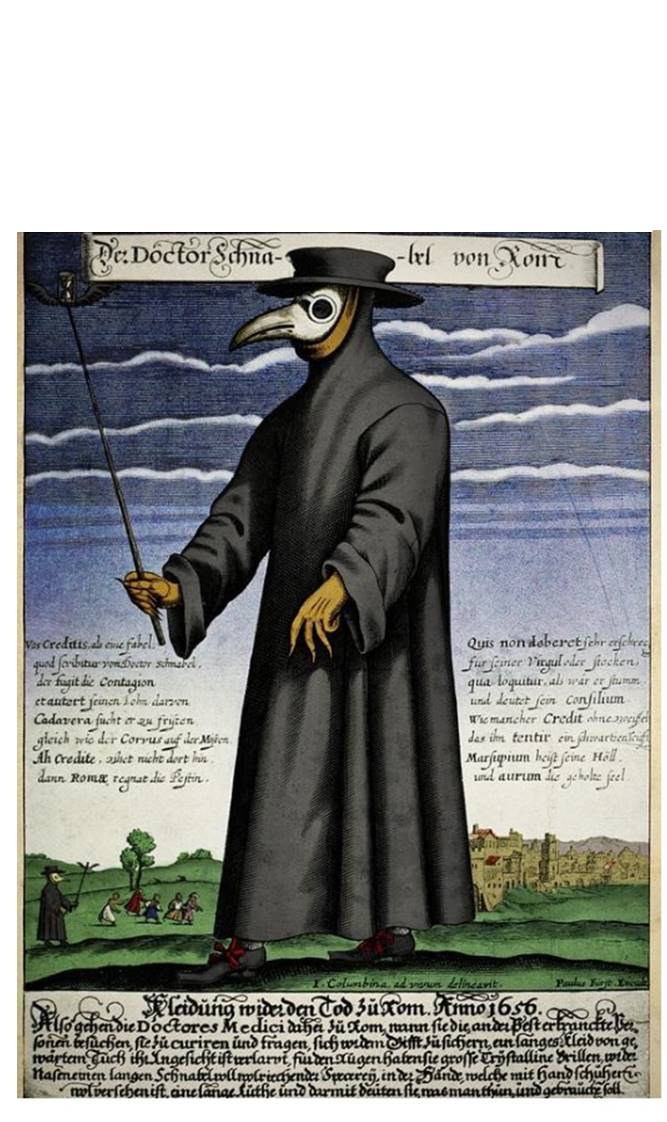Birds in flight – Face masks in cold weather – Apprehensions of the effects of holiday festivities – Ban on travel to Japan – The plight of the African nations – Evening statistics
Many birds were flying about today, just as they were yesterday. For several days they appeared to be relatively inactive but now they are flying about busily, for the most part searching for food. I recently discovered that a flock of starlings (the species I have been seeing most frequently in recent days) is called a murmuration, which seems like a perfect name; they are very vociferous birds.
Almost every day this week has been cloudy and overcast, but today was reasonably sunny at last, in the low 30s, with little wind – quite comfortable for getting outside. Face masks feel like a positive asset in temperatures such as those of today. It was not so long ago that people were just getting used to wearing face masks (and in many cases not wearing them at all). Now it is axiomatic for me not to leave the house without one, and most of the other pedestrians I encountered were wearing their masks even out of doors. I had to do some shopping today as well, and everyone in the store was wearing a mask. It is good to see that people are observing this precaution; the masks appear to be the best preventative we have available – apart from the vaccines, which will require many weeks yet to be distributed among the general populace.
There has been a trend towards deceleration in the amount of increase in COVID-related new cases and deaths, but it has lasted only a couple of days up to this point and it is premature to get up hopes that the effects of the virus are diminishing. Christmas has come and gone, and we will not know until a couple of weeks from now to what extent the festivities have been spreading the infection. There are still the New Year’s celebrations to get through as well. We reached 100,000 deaths in late May; it was four months later that the death toll reached 200,000; and the 100,000 deaths that occurred after that (pushing us to over 300,000 in mid-December) took place in a bare eleven weeks.
Other countries have been undergoing spikes similar to ours, albeit on a smaller scale. Japan has closed its borders. Only Japanese citizens and foreign residents will be allowed to travel into the country. Anyone who enters Japan must show proof of a negative coronavirus test 72 hours before the departing flight and must quarantine for two weeks after arrival. This ban starts on Monday (December 28th) and will last throughout the month of January.
African nations have been undergoing a second wave of the COVID virus. For a long time the African nations generally were faring much better than European or Asian ones, as a consequence of their rigorous lockdowns. Even now the reported figures for the entire continent are 2.6 million COVID cases and 61,000, which is smaller than those for many individual countries such as the U.S., India, Brazil, Russia, etc. But they are almost certainly under-representations. There are many factors contributing to an acceleration in the spread of the virus. Keeping reasonably clean is a problem in many areas, where soap can be prohibitively expertise for their residents. Many also are unable to pay for transportation to a hospital if they become ill, which means that in several cases people are taking to their bed and even dying at home. No one at this point is able to estimate how many COVID deaths go unreported for this reason. In several areas, people are showing signs of “coronavirus fatigue” similar to our own: restaurants are busy, social distancing is rare, large family gatherings are common, and mask wearing is not carried out. The Proud Boys will no doubt be gratified to learn that several African regions appear to share their belief that mask-wearing carries a stigma.
Today’s statistics as of 8:00 PM – # of cases worldwide: 80,705,742; # of deaths worldwide: 1,764,329; # of cases U.S.: 19,430,501; # of deaths; U.S.: 339,901.
